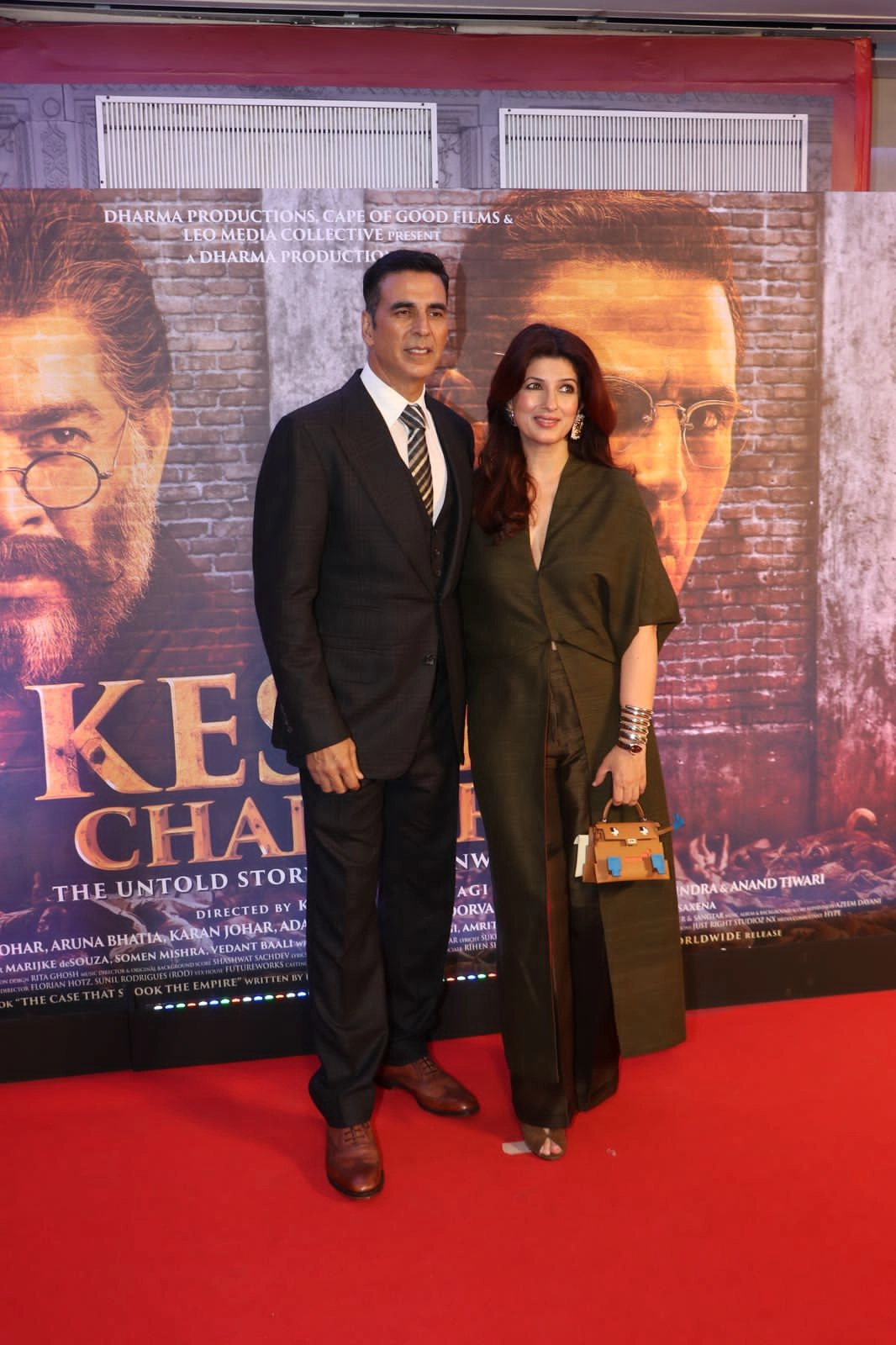Kartik Aaryan recently stirred the pot with a playful jab at filmmaker Karan Johar regarding his business move of selling a 50% stake in his production company to Adar Poonawalla. This unexpected commentary from Aaryan comes amid the ongoing discussions about the changing dynamics of the Bollywood industry, where financial decisions are increasingly influencing creative outputs. Karan Johar, a prominent figure in the Indian film industry, is known for his influential films and star-studded productions. The sale of stakes in his company raises questions about the future direction of his projects and the potential impact of external investors on the artistic vision that has long characterized his work.
Aaryan’s remark highlights the evolving landscape of Bollywood, where the intersection of business and creativity is becoming more pronounced. In an industry that has historically been driven by artistic expression, the involvement of significant corporate players like Adar Poonawalla indicates a shift towards a more commercial approach. This transition presents both opportunities and challenges for filmmakers, as they navigate the delicate balance between maintaining their creative integrity and meeting the demands of investors. By taking a light-hearted dig at Johar, Aaryan not only showcases his wit but also invites a broader conversation about the implications of such financial dealings within the film fraternity.
Moreover, Aaryan’s quip could be seen as a reflection of the younger generation of actors who are increasingly vocal about their views on industry practices. His comment resonates with many in the industry who are keenly observing how traditional filmmaking values might adapt to a more commercial framework. As the film business continues to evolve, the influence of corporate investments may lead to shifts in storytelling and production philosophies, which could redefine the cinematic landscape in India. Aaryan’s playful banter serves as a reminder that while business decisions are crucial, the heart of cinema remains rooted in creativity and passion.
In conclusion, Kartik Aaryan’s jibe at Karan Johar regarding the sale of a significant stake in his production company encapsulates the ongoing transformation within Bollywood. As the lines between commerce and creativity blur, it is essential for artists to remain vigilant about preserving their artistic vision while navigating the complexities of a changing industry. Aaryan’s remarks not only entertain but also open the floor for discussions about the future of filmmaking in India, highlighting the importance of balancing financial interests with the essence of storytelling. As the industry moves forward, it will be fascinating to see how these dynamics unfold and shape the films we watch in the coming years.




